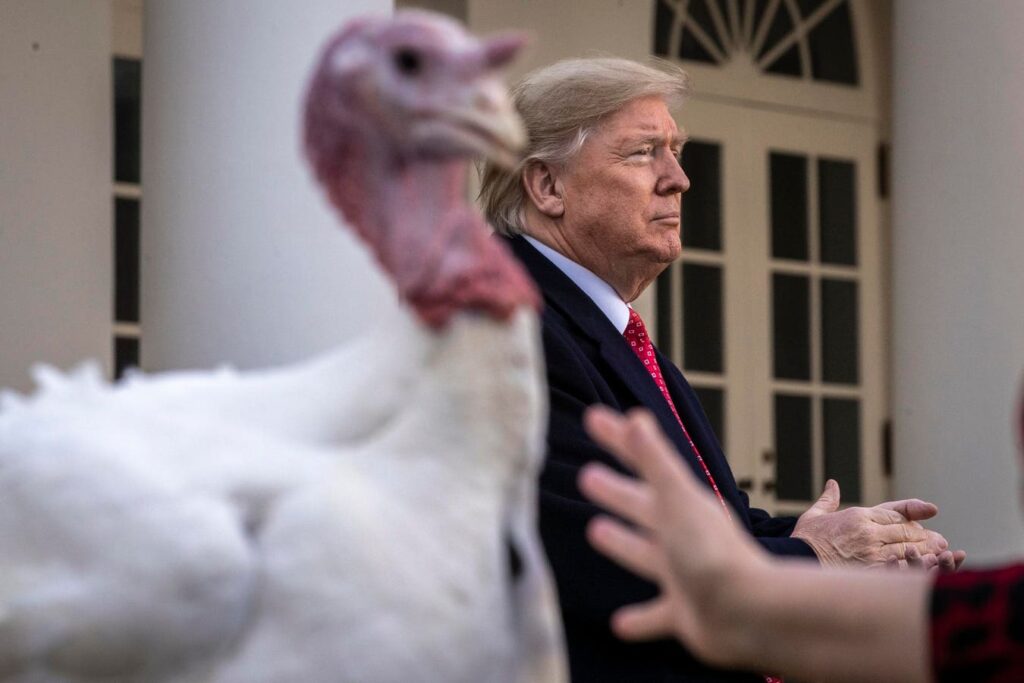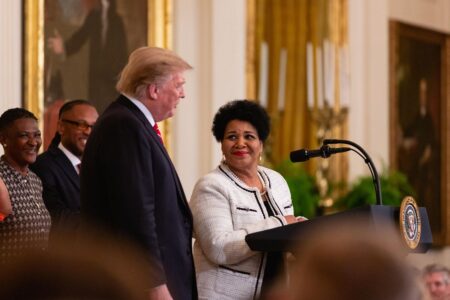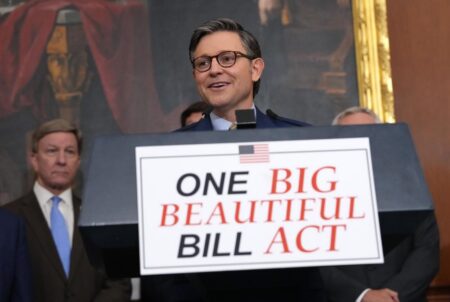Trump’s Approach to Pardons
During his first term, President Donald Trump issued a total of 238 pardons and commutations (143 pardons and 85 commutations). Like presidents before him, the majority of those receiving commutations had served a significant part of their prison term while most all of those pardoned had completed their sentence years ago. In fact, most executive orders for commutations come in the final days of the administration, not at the beginning.
In terms of raw numbers, Trump’s 238 clemency actions in his first term rank lower compared to other recent presidents, particularly Barack Obama. However, his total number of pardons was higher than those of Bush and Clinton in their respective first terms. In terms of total clemency actions, Trump’s record is relatively modest compared to some of his predecessors. Here’s a rough comparison:
- Barack Obama: Issued 1,927 clemency actions, including 1,715 commutations, the most of any president in U.S. history. The vast majority of whom were serving time for crimes related to distribution or production of narcotics.
- George W. Bush: Issued 200 pardons and 11 commutations during his two terms.
- Bill Clinton: Issued 456 pardons and 61 commutations during his presidency.
- Ronald Reagan: Issued 406 pardons and 58 commutations.
Out With The Old
In March 2025, President Donald Trump dismissed Liz Oyer, the head of the U.S. Department of Justice’s Office of the Pardon Attorney. Oyer had held the position since 2022, overseeing the review of federal clemency requests and advising the president on potential pardons. Following Oyer’s departure, Ed Martin Jr., a former interim U.S. Attorney for the District of Columbia, was appointed as the new pardon attorney. Martin has indicated plans to scrutinize pardons issued by the previous administration, emphasizing the need for transparency and accountability in the clemency process.
Now, Trump has turned his attention to granting commutations and pardons to high profile prisoners. He is even issuing pardons to those convicted but have not even started their prison sentence, something extremely rare.
High Profile Pardons
On January 20, 2025, Trump issued a sweeping series of pardons and commutations for individuals involved in the January 6, 2021, U.S. Capitol riot. This action was one of his first acts upon returning to the White House. In addition to granting pardons, President Trump directed the Department of Justice to seek the dismissal of all pending cases related to the Capitol riot. Since then, he has started to look at individual cases that he believes represent overreach by both the US Attorney’s Offices and federal judges.
On May 27, Trump announced that he would grant full pardons to reality TV stars Todd and Julie Chrisley, who had been convicted in 2022 on charges of tax evasion and bank fraud. The Chrisleys were sentenced to 12 and 7 years in federal prison, respectively, and began serving their sentences in January 2023. Julie won an appeal for a resentencing but U.S. District Judge Eleanor Ross sentenced her again to 7 years, then ending her chance at freedom. Their convictions stemmed from allegations that they used false documents to secure over $30 million in loans, which they used to fund a lavish lifestyle.
Last week, Trump issued a pardon to a former Virginia sheriff who was convicted on fraud and bribery charges and had yet to even enter prison. Jenkins, a long-time supporter of Trump, was sentenced in March to 10 years in prison. “Sheriff Scott Jenkins, his wife Patricia, and their family have been dragged through HELL,” Trump wrote in a post on his Truth Social network.
The Future of Pardons
The New York Times has reported that individuals are lining up contacts in Trump’s inner-circle to lobby for them. Former U.S. Pardon Attorney Liz Oyer stated in an interview on NBC News that Trump’s actions on pardons are troubling. “Granting pardons to people in this manner threatens to upend ongoing prosecutions by the Department of Justice. It also threatens to delegitimize the prosecutorial institutions that we have historically relied on.”
There is no shortage of people to pardon and Trump will most certainly consider more in the future including that of his long time confidant Steve Bannon and Trump’s current adviser on economic issues Peter Navarro. Both Navarro and Bannon completed their prison terms last year.
With Trump’s newly found penchant for crypto currency, he could look to pardon someone like FTX’s Sam Bankman-Fried. There are also big names in politics like former congressman George Santos and former senator Robert Menendez who are both heading to prison soon. In business he could look to someone like Elizabeth Holmes to make a statement about aggressive prosecutions as she serves over 11 years in prison.
Others have speculated that with a former convicted felon pardoned by Trump during his first term and now activist, Alice Johnson, as Pardon Czar, that the pardons will keep on coming. Trump seems to be using his executive powers to reshape prosecutions brought by US Attorneys and sentences handed down by federal judges. Trump has wasted no time in calling out prosecutors and judges appointed by Joe Biden.
Some are thinking that Trump, keen to do govern by executive order, has found that pardons can set the agenda for a Department of Justice and judiciary that he wants.
Read the full article here
















